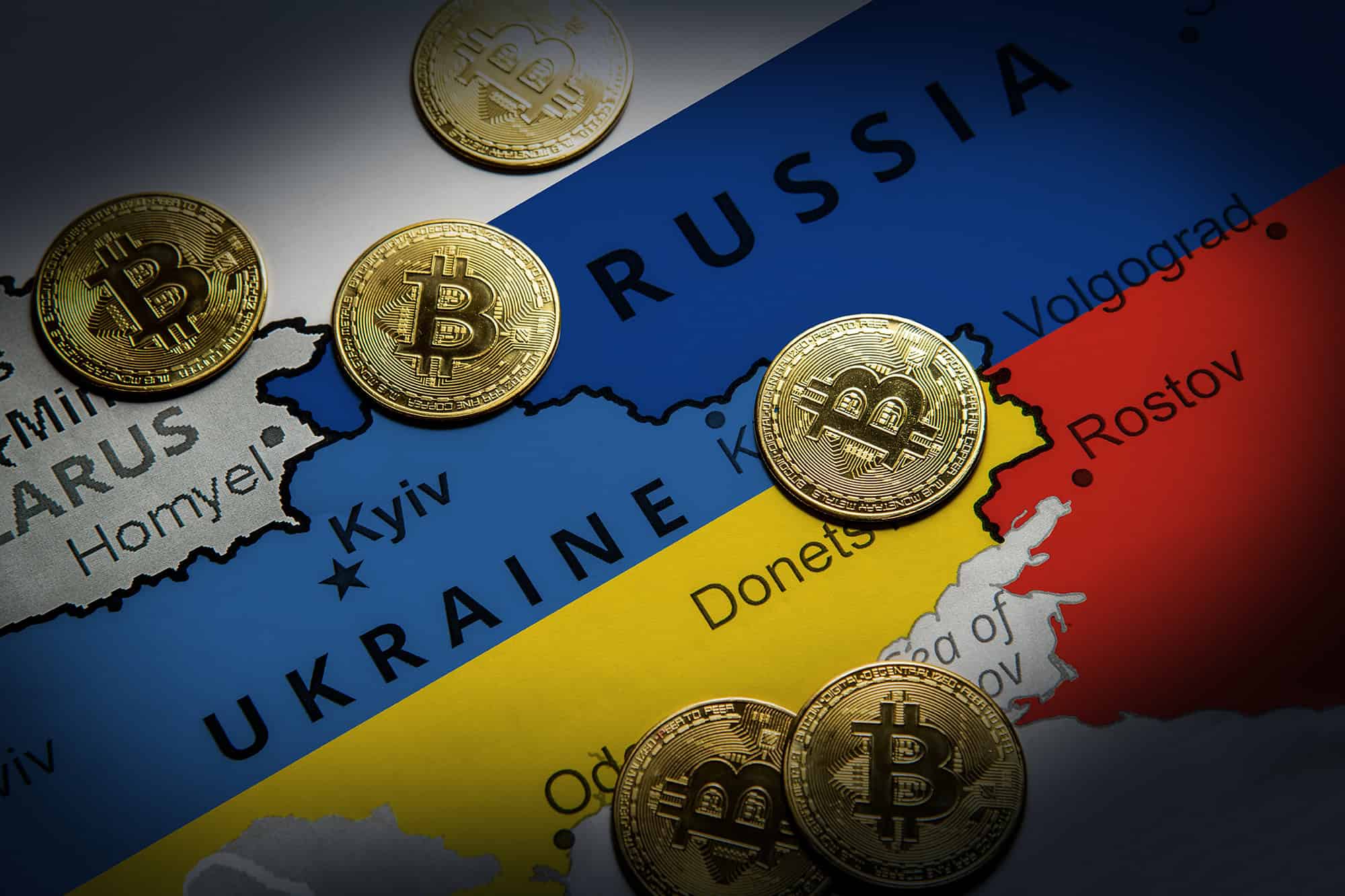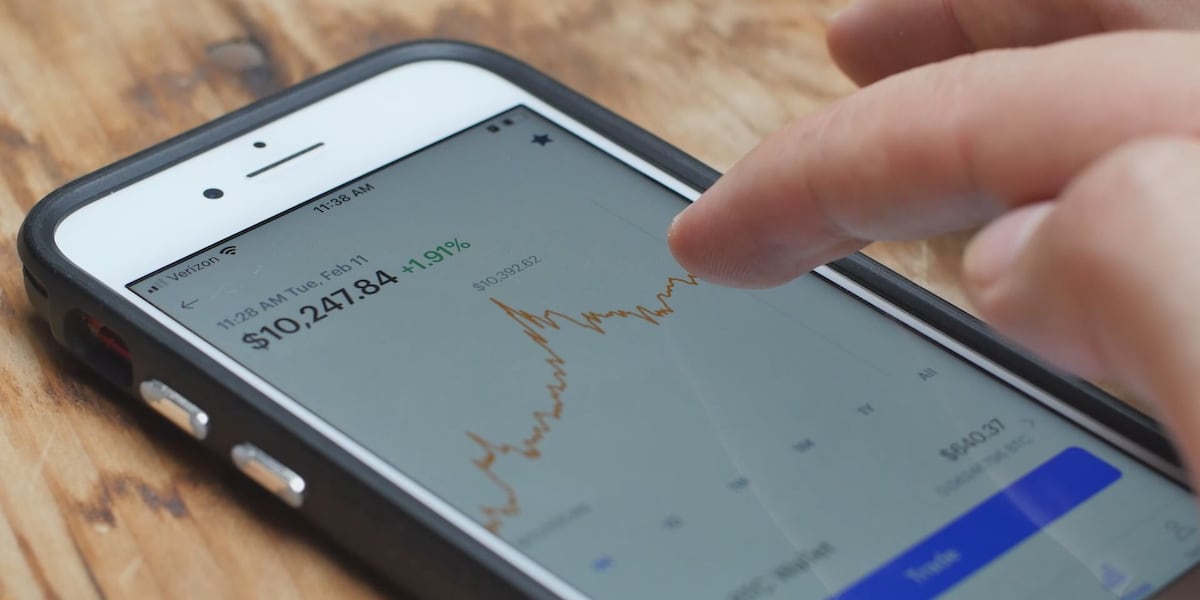Russia's Evasion Tactics with Bitcoin
Efforts by the West to punish Russia through sanctions are being undermined as Russian companies increasingly turn to Bitcoin to evade penalties. In December, Finance Minister Anton Siluanov acknowledged that Russian firms are already utilizing Bitcoin and other cryptocurrencies for international trade following a bill signed into law by President Vladimir Putin. This law, enacted last year, regulates the ownership and mining of cryptocurrencies while maintaining a ban on their domestic use.
Impact of Sanctions on Russian Economy
Putin's military actions in Ukraine led to Russian banks being blocked from the SWIFT payment platform, severely limiting their ability to finance international trade and process cross-border payments. The sanctions have dealt a significant blow to Russia’s economy, making international banks hesitant to handle payments originating from Russia, fearing they might breach sanctions.
Kremlin's Shift on Cryptocurrency
Putin has accused the U.S. of weaponizing the dollar. However, the Kremlin's decision to incorporate Bitcoin into its economic strategy against sanctions has ignited a debate over the need for governments to exert central control over cryptocurrency usage, which contradicts one of Bitcoin’s foundational principles—decentralization.
Currently, Bitcoin's utilization among Russian companies is limited to approved entities, but Siluanov’s recent remarks suggest that more firms may soon be allowed to make and receive payments in the cryptocurrency.
A Sudden Change in Policy
Russia's change of heart is striking. Just last year, the Central Bank of Russia was advocating for a complete ban on cryptocurrencies. However, key officials, including bill author Anton Gorelkin and CBR Governor Elvira Nabiullina, have recognized that the recent legislative changes aim to mitigate the impact of sanctions while facilitating international payments, as noted by the blockchain data platform Chainalysis.
Broader Economic Implications
This pivotal decision by Russia has reignited discussions surrounding dedollarization efforts led by the BRICS trade bloc, of which Russia is a founding member. Speculation is growing that the bloc may advance with a gold-backed stablecoin. Former President Donald Trump, who expressed interest in establishing a U.S. Bitcoin reserve, has vehemently opposed this initiative, threatening to impose 100% tariffs on all involved nations if they proceed with the plan.







Comments
Join Our Community
Sign up to share your thoughts, engage with others, and become part of our growing community.
No comments yet
Be the first to share your thoughts and start the conversation!